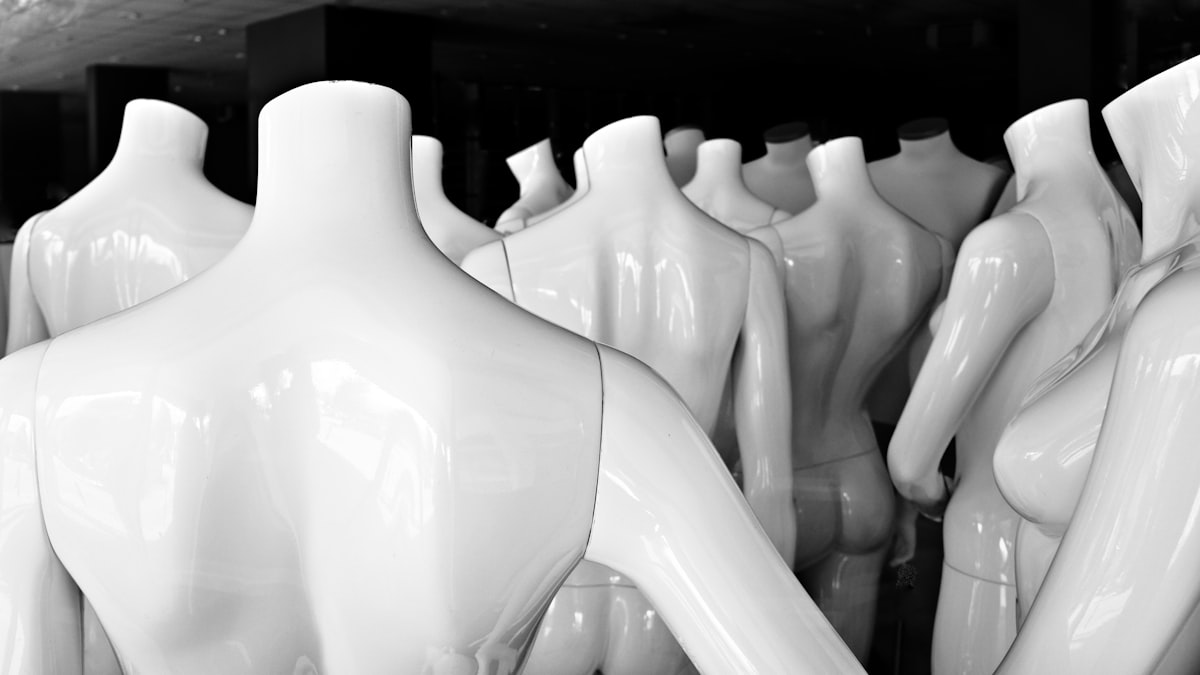A rat-like cunning and a good pair of shoes
Nick Tomalin famously said all that was required for success in journalism was “ratlike cunning, a plausible manner, and a little literary ability”. But it turns out a good pair of shoes and a sensible coat help too!

Nick Tomalin famously said all that was required for success in journalism was “ratlike cunning, a plausible manner, and a little literary ability”. But it turns out a good pair of shoes and a sensible coat help too!
I’m doing inductions this week — welcoming students to our journalism courses. As you’d expect the sessions are a weird mix of the administrative and the exciting — “Welcome to a profession that can change the world! Have you registered with the uni GP?
Part of the reality of inductions is expectation setting. That’s not just the staff/student relationship. There’s also a big element of professional expectation. Our students are student journalists. We expect them to act as professional journalists would. And that means introducing them to things like the NUJ code of ethics etc. But today I was pondering just how far that expectation should go. Does it stretch to how they look?
Should I (or can I) tell students how we would expect them to dress as journalists?
If that feels like a left-field question — What business is it of yours what people wear or how they look? I guess that proves my point. I’m very aware that appearance is a sensitive area. But we do send people out reporting for their assignments and for Newsday. They are on the street, off to court, and to council meetings. Post-lockdown, not as many teams/zoom interviews as you’d think. They also go on placements. And people (editors and the public) do comment.
So is this something I should be discussing with students at all? Should we be talking about a dress code?
Well, I asked Twitter. Did journalists have a dress code where they worked? And God loves you journalism Twitter, you delivered!
So I’m thinking induction - guidance to the latest bunch of #journalism students. And I’m thinking about ‘dress code’. So,if you’re a journo, do you have a dress code?
— Andy Dickinson (@digidickinson) September 27, 2022
This reply pretty much sums up the discussion
Always flat shoes, never trainers, a tie just in case, buy a pair of wellies and a decent waterproof, fingerless gloves essential for winter vox pops. We allowed smart shorts in the heatwave...A smart coat can transform an outfit if needs be!
— Natalie Fahy (@nat_fahy) September 27, 2022
But here are my takeaways
- Dress appropriately
- Prepare for the unexpected
- Start with the shoes
- Prepare for any weather.
Dress appropriately
The key takeaway from the conversation was to dress appropriately. In other words, dress for the situation. If you’re going to cover a court case then remember that the courts take things seriously and judges are vicious fashion critics it turns out...
I wore an open necked linen shirt to court during the heatwave and a judge asked whether I was off to the beach.
— Tom Seaward (@t_seaward) September 27, 2022
But if you’re not court reporting it still counts. Even if you’re not matching the outfits, a recognition of what people are used to is important as Cycling journalist Vern Pitt pointed out:
I wouldn't turn up to do an interview in Lycra no one needs to see that.
— Vern Pitt (@VernPitt) September 27, 2022
That said you're right that if you turn up to a bike race and you're trying to talk to 23 year-old sporting proteges in a business suit and tie you will get looked at oddly.
Prepare for the unexpected
Many people pointed to the unpredictable nature of journalism as a driver of their choice of clothes. And whilst the days of always wearing a suit, ‘just in case’ seem to have passed by, many people noted they had a suitable jacket (and a tie) hidden away just in case.
Shoes you can run in if you are out on patch.
— Eleanore Robinson (@EleanoreWrites) September 27, 2022
- Practicality: as a journalist working on a rural patch or working as a roving reporter, it seems that a pair of wellies in your car is essential.
Emergency snow boots in the car, just in case you need to go out and cover something in the middle of winter, and flats (because I usually wear heels) for breaking news when you'll be standing around a lot! In fact my desk used to have about six pairs of shoes under it...
— Sophie Flowers (@Flowers_S) September 27, 2022
Prepare for any weather
A waterproof jacket in the car or a smart jacket or coat to throw over what you're wearing featured heavily. As did gloves. Which makes sense. Fingerless or phone-friendly gloves could be a life-saver if you’re waiting around at a police cordon or similar
If you are in a rural patch and you don't have wellies in your car boot then you are missing out on stories (@benfalconer had a pair of waders for flood coverage) + smart jacket and shoes for death knocks/ court/ serious stuff. [nb: I currently wfh in tracksuits and a beanie]
— Jenni Phillips (@thegirlsilver) September 27, 2022
So, is there a dress code?
What I love about the responses to my tweet, is the idea that there are very practical issues at play here. As a journalist, you tell all kinds of stories and you need to make sure you’re prepared. Whether that's for muddy fields or heartbreaking chats with grieving families. We know in our hearts what’s appropriate.
That said, we can’t escape the impact of covid and remote working is having on some parts of journalism — there was a good deal of comment along the lines of ‘shorts and t-shirts on zoom’. We operate in changing times and the idea of a dress code might feel so pre-covid. But there was a very strong sense of what was professional without the need to dictate. Perhaps the idea of how a journalist should dress being a generally understood norm rather than an uncritical rule says something about changing attitudes.
Usually, a stringent/outmoded dress code is a sign of a weird workplace. The one b2b publication that insisted on shirt and tie despite never leaving the office dispensed with remote working at the first opportunity.
— Josh Owen Morris (@JoshOwenMorris) September 27, 2022
But in the end, the thread was the perfect answer to my question.
How should a journalist dress? — well take a look.
Thanks to everyone who shared.
